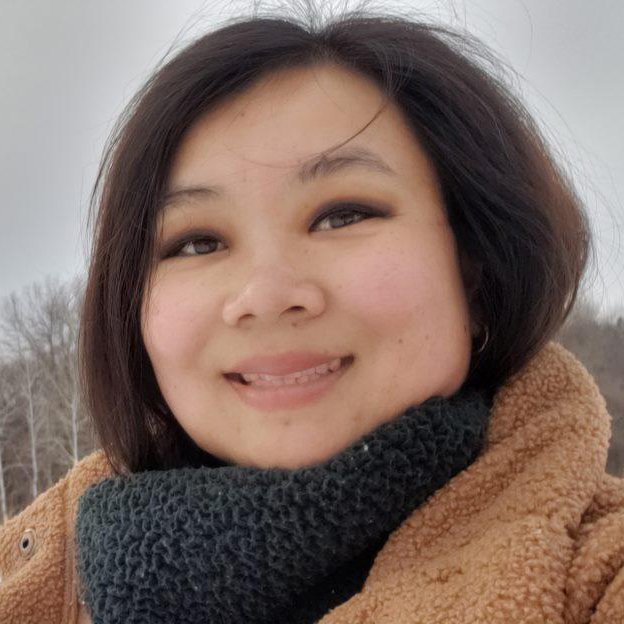Center for Prevention launches video series exploring cultural humility
June 8, 2022When I was a boy growing up in rural north Missouri, I spent my summers exploring the woods and creeks surrounding my small hometown. Sometimes I was with friends. More often, I was alone, pushing the boundaries of my range away from home a little more with each escapade.
In the heat of midsummer, the creeks would all but dry up. A little trickle would be left in the bottom of the creek cutting between the sandbars and pooling up just enough in each bend for swimming. Birds and squirrels would sound the alarm in cottonwoods 80 feet above as coyotes, foxes, bobcats and adventurous boys disturbed the tranquility of slowly moving water.
But more than the water below or the birds above, I was interested in what I couldn’t see up ahead. I was curious about what was around the next bend. Would I stumble upon an abandoned beaver dam or an egret stalking its prey? Would the creek open wide or cut back to the east or west, hiding more possibilities?
Curiosity kept me going, kept me exploring, and it still does today. There was no destination in mind, just the thrill of learning and experiencing something new.
Today, as an adult, I’m on a much different journey – one where I’m learning less about my natural environment and more about the social environment I live in. I’m learning about what it means to maintain humility in my understanding of the world around me. My experience is just one experience – and as a white male, it’s a very privileged one.
I’m learning that cultural competence is not a destination, but a journey that we’re all on. It’s a lifelong commitment that I’m only able to advance through the humbling experience of self-evaluation and self-critique. It’s through this lens that I, and others at the Center for Prevention at Blue Cross and Blue Shield of Minnesota, have developed the Cultural Humility Video Series.
Getting to know our neighbors
This series is a starting point to knowing our neighbors who make Minnesota the beautifully diverse community that it is. Narrated by Ansa Akyea, actor, artist, director, educator and American citizen of Ghanaian descent, the videos explore what brings us together as Minnesotans and the ways our distinct cultures lay the foundation for healthy living. We hear stories from the Dakota, Anishinaabe, Black and Hmong communities about their history and what it means to call Minnesota home.
“There’s a law on the books that says Dakota people shouldn’t be here, that we were chased out of the state and we were told never to come back … I may have been born in Pine Ridge and in the Black Hills, and that’s where I chose to come into the world. But this [Minnesota] is where my blood is, this is where I’m from.” – Juanita Espinosa, Dakota Elder, artist and community organizer
We also learn from the lived experiences of our neighbors. We find out what they truly need and what we can do as allies to make a lasting difference in our communities.
“I think allyship is always something that’s welcomed. I think it’s just something that, you know, if you are going to be an ally to, especially a Native community, that you do take the time to listen. You do take the time to build the relationships that are important to really get to know who that community is, to really establish a foundation of trust before you go in and think you’re going to change everything or you’re going to make a huge difference. And we want all the warm and fuzzy feelings, but we also need people to listen and people to understand that we know what we want. We just need the resources and the access and the networks to help achieve those goals.” – Margueritte Secola, Anishinaabe, Urban Planner and Developer
Listening to the community and learning from their collective wisdom is key to advancing racial and health equity. But to be effective listeners and learners, we must assume a posture of humility.
"People just want to feel heard, and feel like someone’s listening, and feel valued. And that’s what I’ve done more than anything is taken time to value people and to let them understand, ‘I see you; you matter.’” – LaTrisha Vetaw, Minneapolis City Council Member
We must take the time for self-evaluation and self-critique to understand what wisdom we do hold and be willing to admit how much we have yet to learn.
“If I have cultural humility, I understand that my cultural worldview is not smarter, better, superior, or the only definition of health, or of reality. And I think if you recognize that then whoever you’re engaging with, if you’re engaging with a Hmong refugee, an elderly Hmong woman, then you’d have to understand and honor her worldview. And not see yourself as the only expert.” – Vayong Moua, Director of Racial and Health Equity Advocacy, Blue Cross and Blue Shield of Minnesota
Come along for the journey
We have so much to learn from our neighbors. Join us as we travel across the state, pushing against the boundaries of our knowledge, on a journey of cultural humility.


